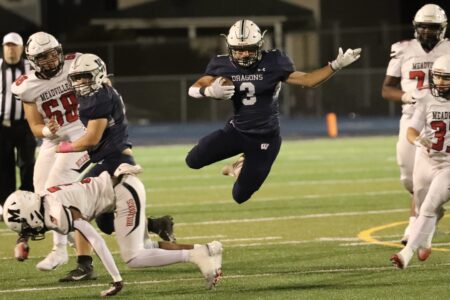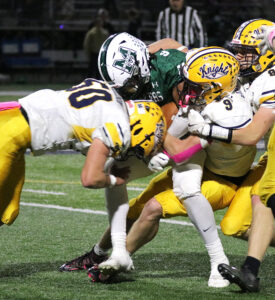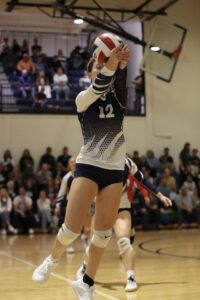To the new hunter looking for advice
If you’re thinking of taking up hunting, a brave soul you are. One wildlife management textbook notes that hunters are often described as “paunchy and red-faced, slow of foot, and carrying hip flasks,” and “the dirtiest of outdoor users, leaving behind a landscape littered with bottles and aspirin tins.”
You know that’s not the truth, so you press on. But how? To answer the how question, you have to ask the who, what, when, where, and why questions. Who should you consult for advice? What gear do you need? When do you start? Where do you go? And not least, why hunt?
While many of us cut our hunting cuspids on small game, I don’t recommend that today for reasons I won’t go into. Instead, focus on deer. I know that’s the reverse of the classic way we’ve done it, but I recommend deer for four reasons. (1.) We have plenty of deer. (2.) You’ll have a much easier time finding someone you can learn from. (3.) You’ll find more information about deer hunting. (4.) You’ll easily be able to find a place to hunt because we have plenty of public property where deer live.
I’m going to assume you’ve already been to a class on hunter training, because you didn’t decide to hunt today. That’s of first importance and you’ll learn a lot there–especially about safety. With a hunter’s training certificate under your belt, you need to find a mentor. You don’t need the best hunter to teach you. You just need a hunter who loves hunting, who is ethical, and who is willing. You might find that guy anywhere.
Your first dialogue with him will likely be about guns and equipment. Ask 10 hunters what gun you should buy, and you’ll get at least 11 answers. Don’t jump into that debate because almost any firearm anyone argues for is more than adequate. Dozens of calibers and rifles are effective, and presumably your mentor is using one of them. If you use a rifle he is familiar with, he’ll be better able to answer your questions.
Get familiar with your rifle. Handle it as much as you can, because the more it becomes second nature, the more successful you’ll be.
Other equipment you’ll need includes clothing. For relatively modest money, Huntworth offers very nice vestments. You can force double duty from items you already have, or go with hand-me-downs. Check the thrift stores because hunters are aging out of the activity with no one to give their hunting clothing to. Start at low cost and build your wardrobe with better garb year by year. I wore my grandfather’s Woolrich pants for decades. He probably bought them in the 1940s, wore them in the ’50s, and gave them to me in the ’80s. A year ago, after alterations and repairs, I finally passed them on.
Also, get a good pair of boots; foot support is important, even more so for an adult than for a kid. And some kind of pack or a way to carry gear. My single-strap backpack has no strap on my shooting shoulder to interfere with shooting. I learned that the hard way.
You will face a learning curve. You can make it less steep by watching YouTube videos. The best include Deer & Deer Hunting (from Media 360) and Wired to Hunt. For now, skip past the ones about food plots and other high investment aspects of hunting. Some hunters talk as though that’s necessary, but it’s not, and the time will come when you can decide whether that’s for you. Also avoid those that emphasize, “Look what I killed!”
Don’t focus on antlers. In fact, don’t focus on bucks. You need experience, and you can get it faster with does. If it’s too late to get a doe tag where you live, look into special tags where deer populations are too high. Getting that first deer is important for many reasons, and I could devote an entire article to that.
Once you’ve decided where to hunt, download a smartphone app that features maps and property lines. You’ll be a better hunter when you know where you are in the woods.
Study how to field dress a deer–another YouTube session. Gutting a critter might be unpleasant, but you should quickly get to the point where it’s a normal part of deer hunting, neither enjoyable nor icky.
Finally (not really final but I have to stop somewhere), make up your mind to enjoy simple things because hunting is not just about killing. Both plants and animals are endlessly interesting, so observe all you can. A few years of hunting will stock your memory with plenty to reflect on.
***
When “The Everyday Hunter” isn’t hunting, he’s thinking about hunting, talking about hunting, dreaming about hunting, writing about hunting, or wishing he were hunting. If you want to tell Steve exactly where your favorite hunting spot is, contact him through his website, www.EverydayHunter.com. He writes for top outdoor magazines, and won the 2015, 2018, and 2023 national “Pinnacle Award” for outdoor writing.




